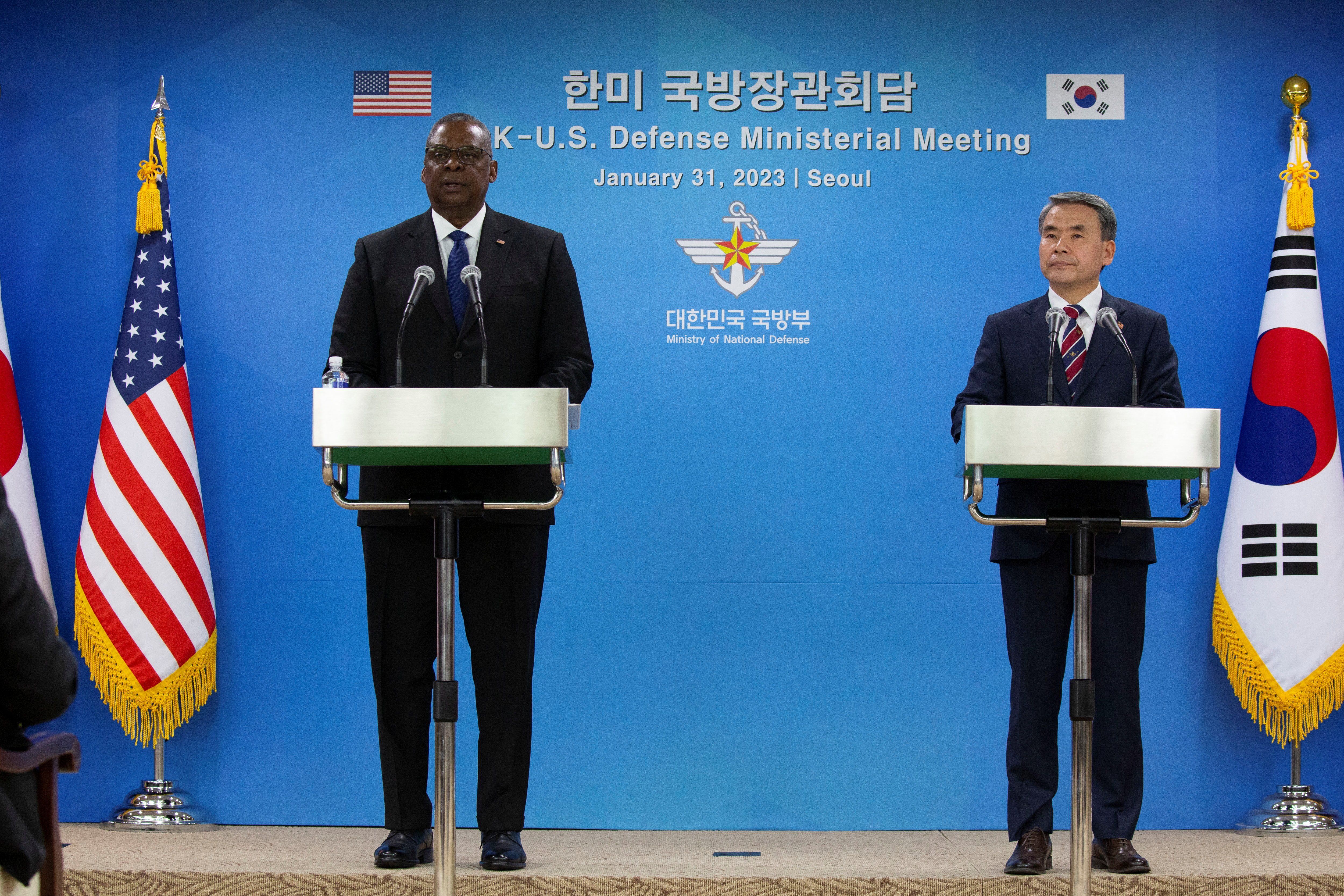What We’re Watching: Pentagon leak fallout, Manhattan DA sues House Republicans, new source of tension in Ethiopia
The fog of leaks
Fallout continues from the leak of secret US documents related to the war in Ukraine. The leaked info suggests that Egypt, one of the world’s largest recipients of US military aid, planned to secretly supply Russia with tens of thousands of rockets for use in Ukraine and that the United Arab Emirates, also a key US ally, would help Russia work against US and UK intelligence. Egypt and the UAE say these reports are false.
Another document suggests that US eavesdropping on its ally South Korea indicated that aides to South Korea’s president had discussed sending artillery shells to the US or Poland for use by Ukraine, a move that would violate South Korea’s policy of refusing to export weapons to any country at war.
US Defense Secretary Lloyd Austin has claimed that “quite a few of the documents in question were fabricated,” but he isn’t saying what’s true and what isn’t. The world may never know who leaked these documents, why they were leaked, and which parts of them, if any, were entirely fabricated or partially altered. But the headaches for those who must now repair damaged international relationships are real, and the domestic political fallout for leaders of some of these countries, particularly South Korea, will continue.
Manhattan DA sues House Republicans
Manhattan District Attorney Alvin Bragg announced Tuesday that he’s suing House Republicans for allegedly interfering in the criminal case against former President Donald Trump.
Bragg’s lawsuit is focused on the actions of Congressman Jim Jordan of Ohio, who chairs the House Judiciary Committee. In the 50-page suit, Bragg accuses Jordan of “a transparent campaign to intimidate and attack” the district attorney as his office pursues criminal charges against the former president for allegedly breaking campaign finance laws by making a hush-money payment to a porn star.
House Republicans have demanded that Bragg’s office hand over documents and testimony related to the Trump case, insisting that the committee has oversight rights. Crucially, Jordan had issued a subpoena for Mark F. Pomerantz to deliver a closed-door deposition. Pomerantz is a former assistant DA who left his job last year after Bragg reportedly opposed a wider tax-and-insurance fraud prosecution of Trump, which Pomerantz favored.
Bragg has sued to block the subpoena saying it amounts to “an unconstitutional attempt to undermine an ongoing New York felony criminal prosecution and investigation.”
Whatever happens, as this case makes its way through the courts, Jordan will be delayed in getting his hands on the documents and testimony he is seeking.
Fresh unrest hits Ethiopia
For almost a week now, protests have raged in the Ethiopian region of Amhara over a federal government plan to absorb local security forces into the national army.
The tensions are only the latest example of how fragmented Africa’s second most populous country has become. It was just months ago that the government finally reached a peace deal with separatist militants from the region of Tigray, ending a gruesome civil war that had displaced millions.
In that conflict, as it happens, Amhara’s local forces fought alongside the government, pursuing long-standing grievances and territorial claims against their Tigrayan neighbors.
Now Ethiopian PM Abiy Ahmed wants to eliminate all regional forces of that kind. For Abiy, it’s necessary to strengthen national unity. He won’t back down, he says, even if a “price needs to be paid.” But the Amharas worry that without those forces, they’ll be vulnerable to fresh attacks from other ethnic groups or the federal government itself.
That puts Abiy in a familiar bind. Five years after popular protests swept him to power with a mandate to liberalize Ethiopia’s political system, he is still struggling to master the country’s ferocious ethnic and regional rivalries.
